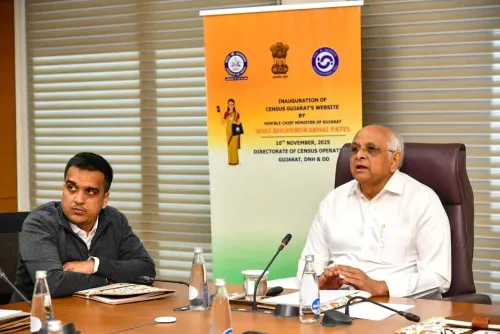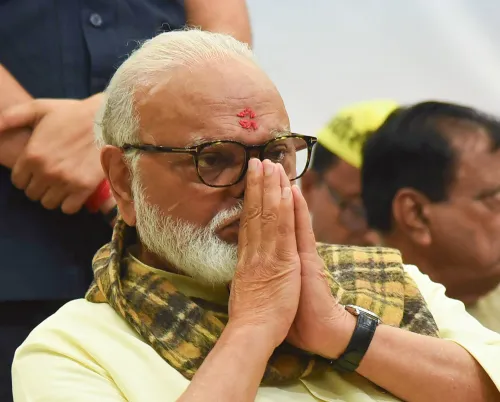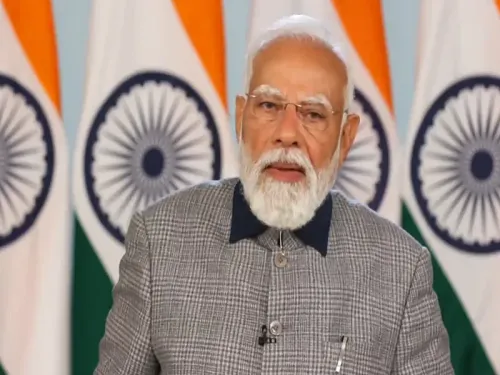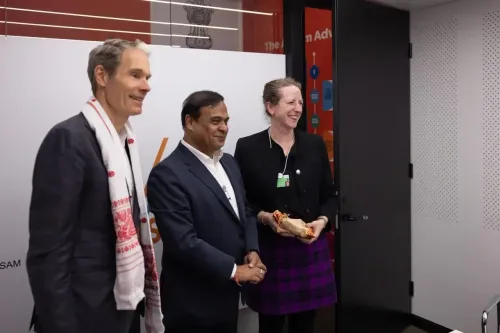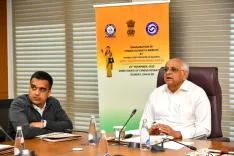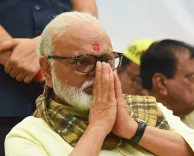Why is BJP Criticizing K'taka Government Over 'I Love Muhammad' Campaign?
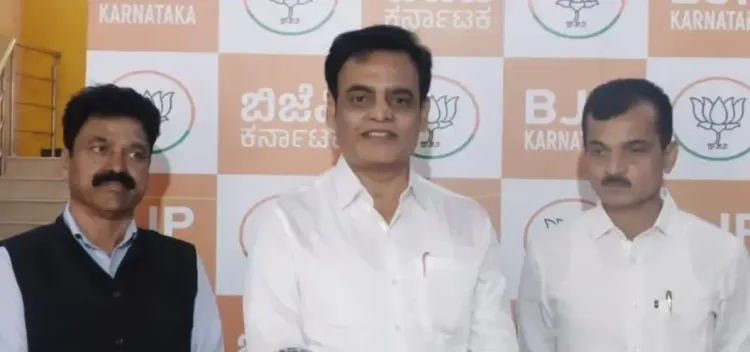
Synopsis
Key Takeaways
- BJP critiques Karnataka's government for inaction on 'I Love Muhammad'.
- Importance of communal harmony emphasized by Ashwath Narayan.
- Concerns over the caste census and its implications for benefits.
- Security heightened in Belagavi following unrest.
- Political divisions may hinder societal progress.
Bengaluru, Oct 4 (NationPress) The Bharatiya Janata Party (BJP) has criticized the Congress-led government in Karnataka regarding the escalating "I Love Muhammad" campaign. On Saturday, BJP leaders argued that rather than concentrating on electoral malpractices, the government should address the implications of the "I Love Muhammad" movement.
During a press conference at the State BJP Office, Jagannath Bhavan in Bengaluru, former Deputy Chief Minister and BJP MLA C.N. Ashwath Narayan stated, "Innocents should not fall prey to such actions."
He stressed the necessity for the state government to take swift measures against any elements promoting this campaign, saying, "Issues like voter fraud should not overshadow the pressing concern of the "I Love Muhammad" campaign."
Ashwath Narayan urged the citizens to preserve communal harmony within the state and condemned attempts to fragment society. He remarked on the existence of malicious schemes intended to disrupt the state's progress and welfare.
"The society is in turmoil. Instead of taking action, what are the Chief Minister, Deputy Chief Minister, and other Ministers doing? They are neither fostering development nor ensuring effective governance," he criticized.
He further targeted the Congress-led government for the lack of quality education and basic amenities such as housing and water, denouncing the current administration.
Ashwath Narayan urged Home Minister G. Parameshwara to act if he is truly vigilant, warning against the potential for conflict arising from confusion.
Ashwath Narayan questioned the motives behind the "I Love Muhammad" procession, asking who orchestrated it and noting that such actions seem designed to instigate communal discord.
He accused the state government of inaction and indirectly fostering unrest, especially as tensions persisted in Belagavi city following stone-pelting incidents linked to "I Love Muhammad" slogans.
The police have detained 11 individuals and implemented stringent security measures throughout Belagavi city in anticipation of Chief Minister Siddaramaiah's visit.
The unrest reportedly began during the 'Urus' procession on Friday evening, where attendees chanted "I Love Muhammad" slogans, leading to violent outbursts when objections were raised.
Authorities have gathered video evidence showing individuals partaking in violence while chanting the slogans.
Addressing the ongoing caste census in Karnataka, Ashwath Narayan questioned the state's authority to conduct such surveys, highlighting the Central government's role in similar initiatives.
He pointed out that participation in the census is not mandatory, as clarified by the Karnataka High Court, and raised concerns about the repercussions of canceling below-poverty-line cards and government certificates, suggesting that it might deprive citizens of essential benefits.
He alleged that these actions could hinder welfare programs across the state and criticized those who create divisions for political leverage while claiming to promote unity.
Ashwath Narayan attributed these divisive strategies to Congress leaders, underscoring the detrimental impact on societal cohesion.
In response to further inquiries, he remarked that these surveys are part of a backward-class assessment and questioned whether the census can be classified as a rigorous scientific ethnological study.


